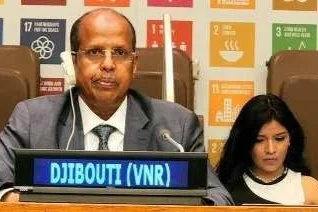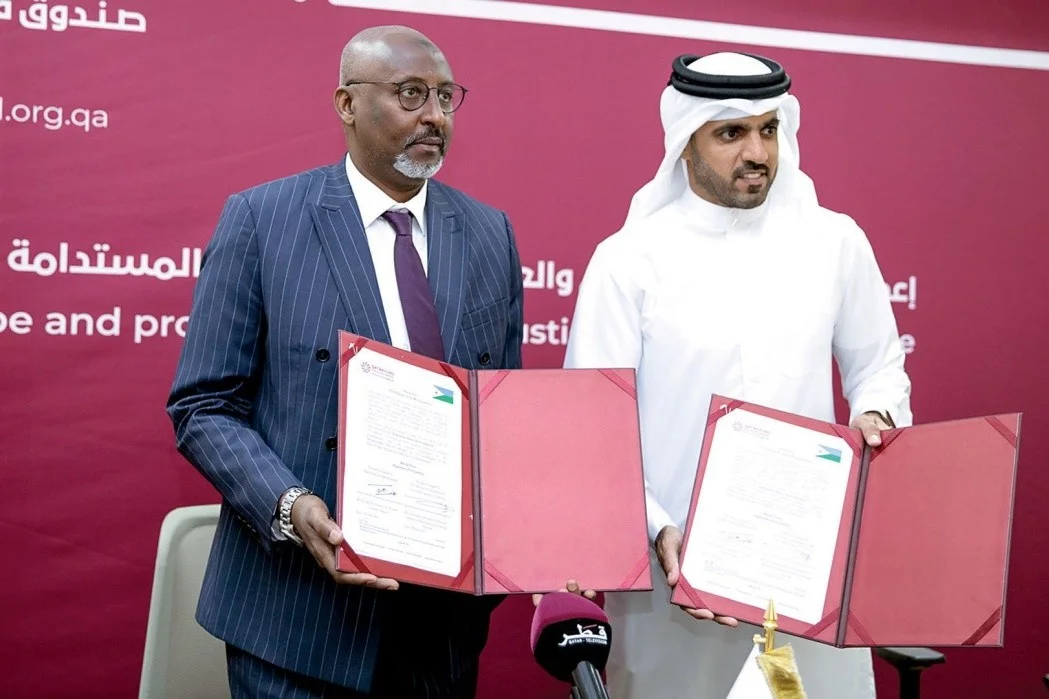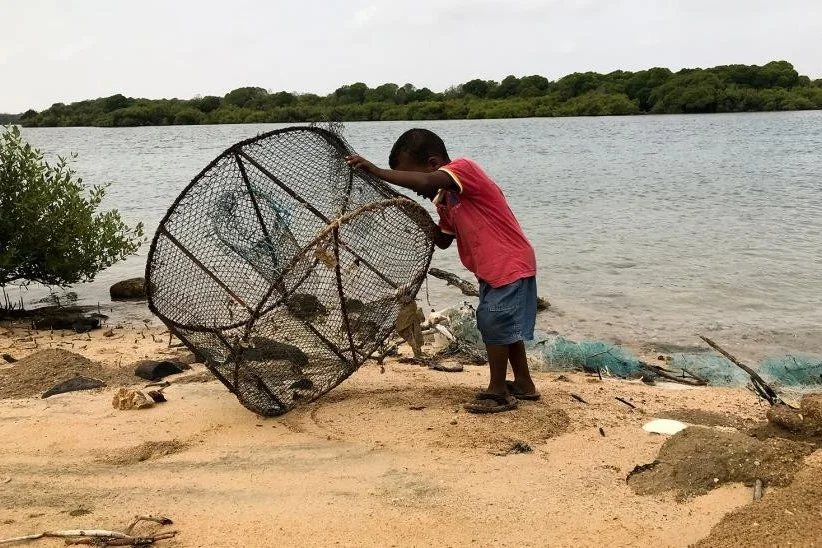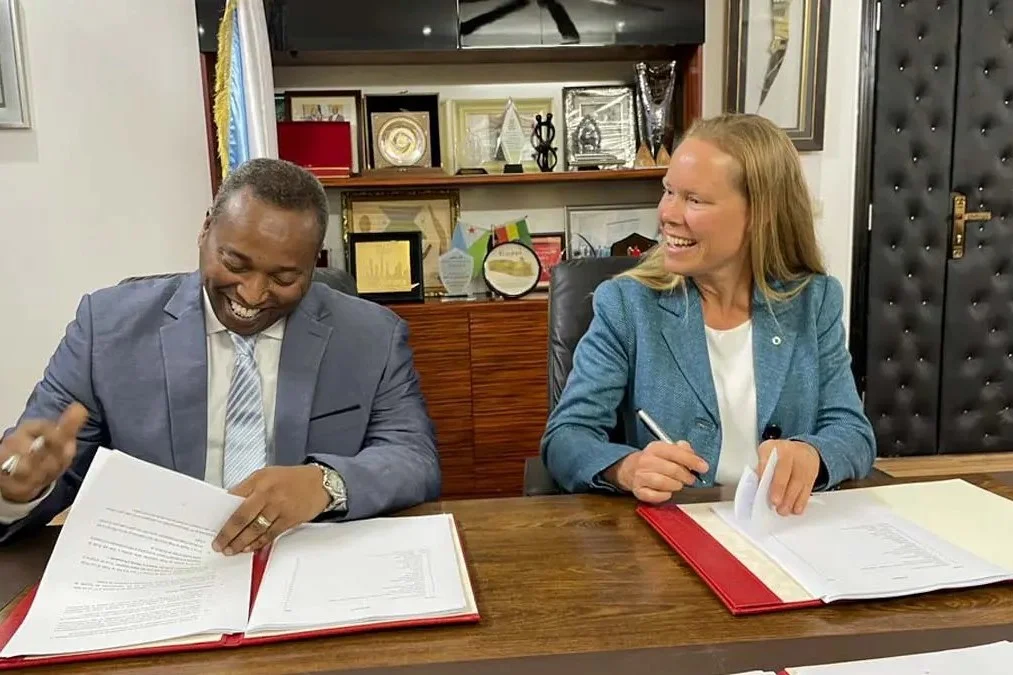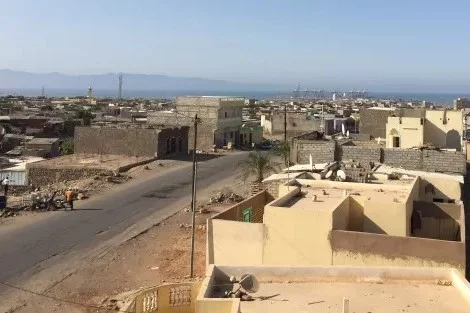The United Nations in Djibouti
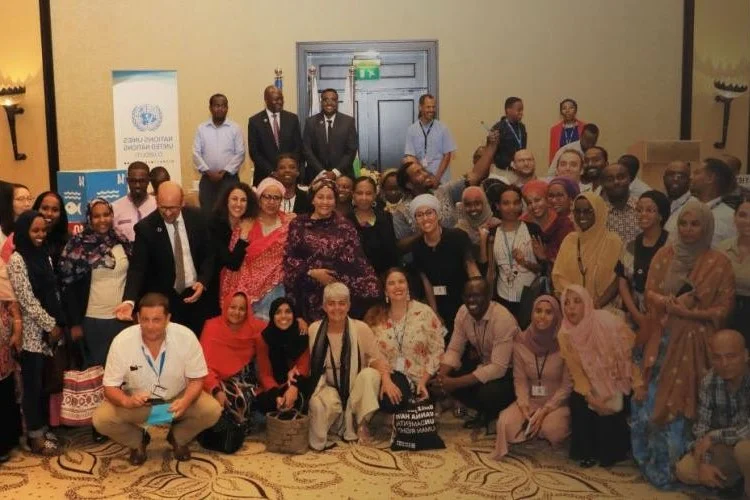
The United Nations Development System in Djibouti consists of 14 funds, agencies, programs, and entities that implement activities in line with the specific mandates of each and the United Nations framework for sustainable development cooperation signed by the Government of Djibouti.
The UN Country Team in Djibouti is composed of representatives from these organizations and works under the leadership of the Resident Coordinator, whose role is to bring together these different entities to enhance the coherence and effectiveness of the UN development system in Djibouti. The UN Country Team serves as a principal platform for joint decision-making among UN entities and is a mechanism that enables all these entities in Djibouti to formulate common positions on strategic issues and ensure alignment between action and advocacy.
The UN system in Djibouti has supported national development policies for several decades through partnership cycles held every four years, and the guiding principles for this support are outlined in a strategic document called the United Nations Development Assistance Framework. The content of this document represents the collective response of the UN system to Djibouti’s development priorities and the guiding principles for the activities of the UN Country Team in Djibouti.
The current United Nations Development Assistance Framework covers the period from 2018 to 2022 and was signed with the government in May 2016. It represents the commitment of the UN system in Djibouti to work closely with the government and development partners in the country to achieve national development priorities.
The key initiatives of the Country Team include:
1. Youth, Education, and Employability: Implementing a joint program on youth employment; supporting policy and regulatory development; supporting the establishment of an innovation center and engaging the private sector; supporting efforts to provide access to finance for businesses and entrepreneurs; involving youth in programming.
2. Development Financing: Increasing public and private resources, as well as official development assistance; supporting local resource mobilization; enhancing accountability and transparency; mobilizing UN resources; increasing efficiency, fairness, and sustainability.
3. Human Rights-Based Approach to Social Inclusion and Basic Services: Applying a human rights-based approach to sustainable development goals; facilitating social inclusion and reducing inequalities; supporting efforts to ensure equitable access to basic social services; reaching the most marginalized groups; integrating human rights into the UN development assistance framework; implementing monitoring programs in partnership with the government.
4. Data for Action: Implementing a joint program to provide coordinated support to the Central Statistics Office and executive ministries (regarding data); focusing on data collection, analysis, dissemination, and utilization; engaging stakeholders and local communities; collaborating with the World Bank.
5. Regional Integration: “One People”; cooperating with neighboring countries and regional partners; using the African Century Strategy as a basis for cooperation; addressing cross-border issues (such as migration, climate change, peace and security, water access, trade, etc.); conducting joint analysis and/or identifying common priorities/results within UN development frameworks.
6. Linking Humanitarian Action and Development: Improving information exchange among different actors (political, humanitarian, and development); enhancing joint mission sharing; assessing common needs and gaps; seeking further integration in programming.
 Algeria
Algeria Bahrain
Bahrain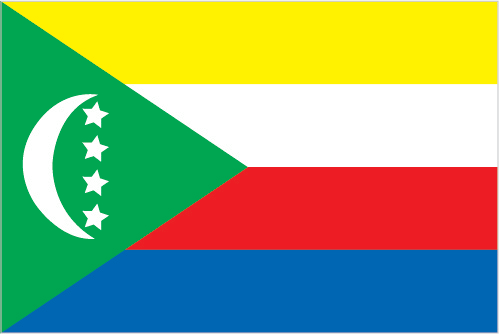 Comoros
Comoros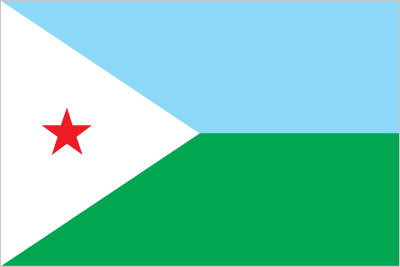 Djibouti
Djibouti Egypt
Egypt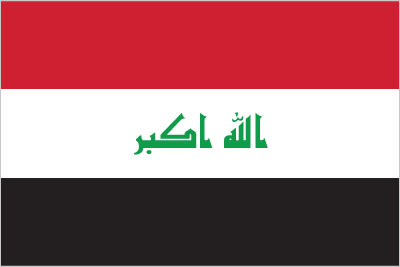 Iraq
Iraq Jordan
Jordan Kuwait
Kuwait Lebanon
Lebanon Libya
Libya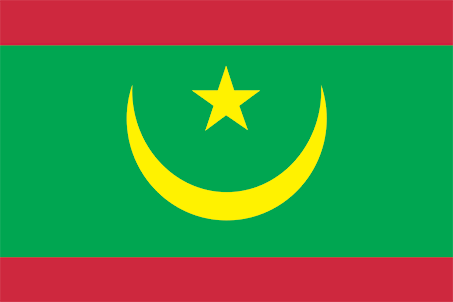 Mauritania
Mauritania Morocco
Morocco Oman
Oman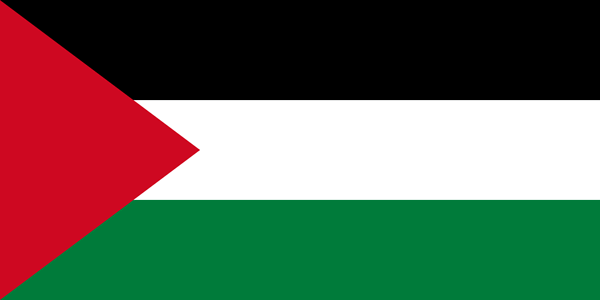 Palestine
Palestine Qatar
Qatar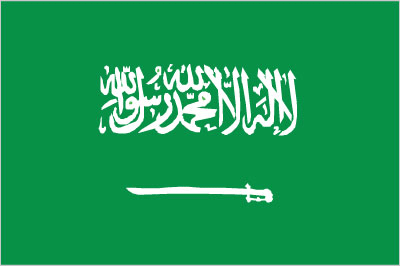 Saudi Arabia
Saudi Arabia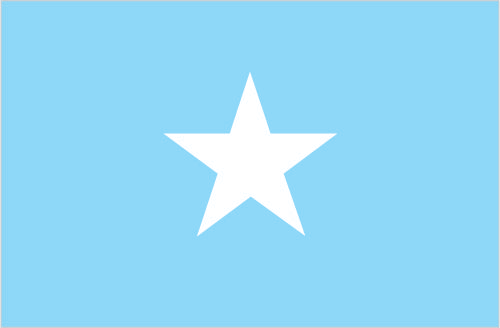 Somalia
Somalia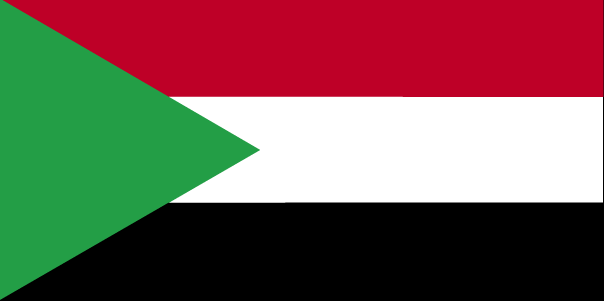 Sudan
Sudan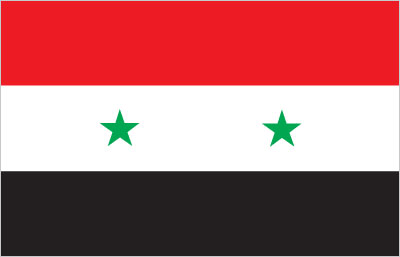 Syria
Syria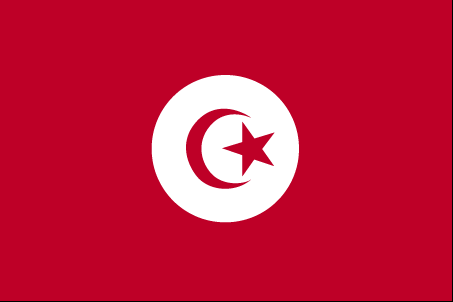 Tunisia
Tunisia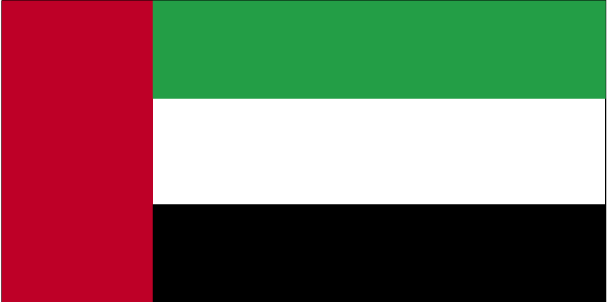 UAE
UAE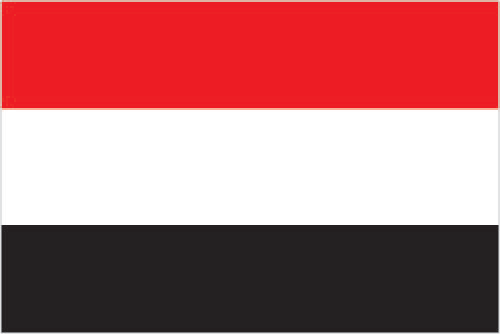 Yemen
Yemen